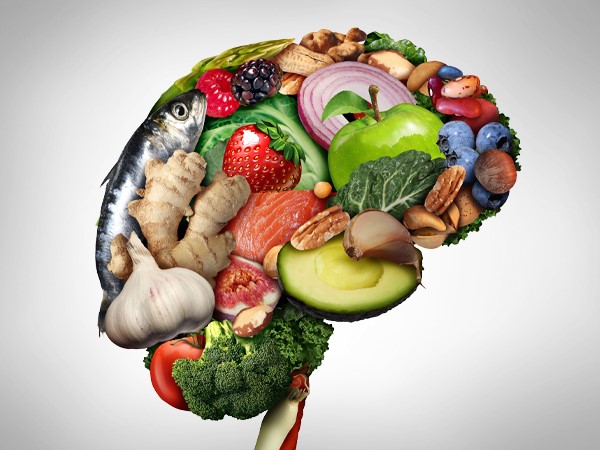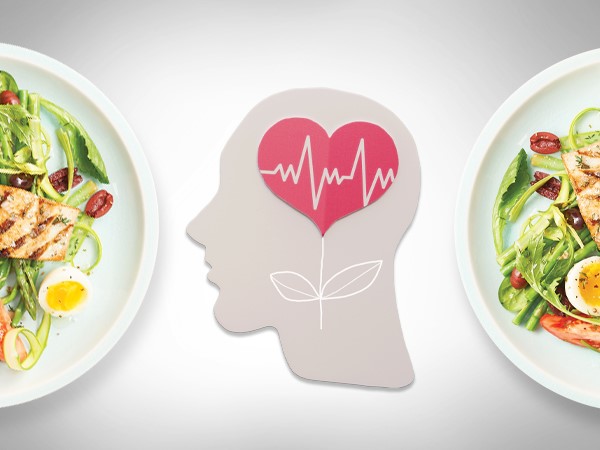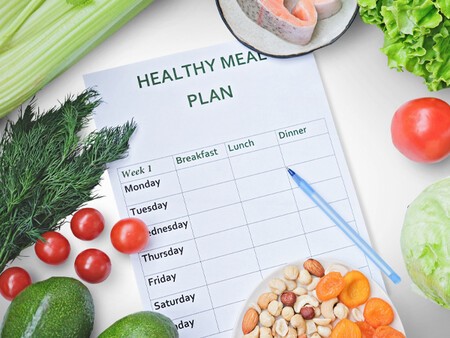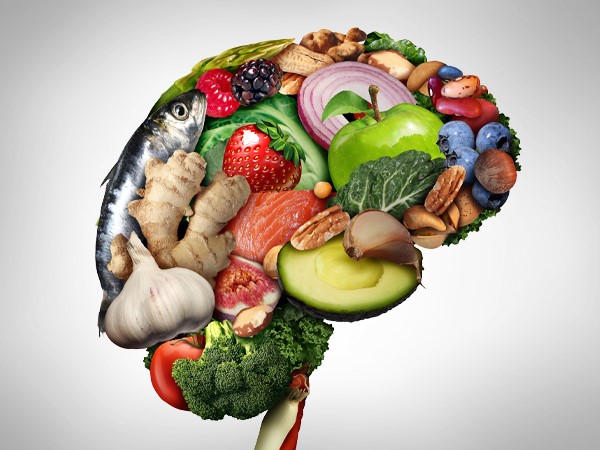Description
More than 50% of Americans will be diagnosed with a mental illness or disorder in their lifetime, according to the Centers for Disease Control and Prevention.
The good news is, nutrition and eating habits both can have a positive effect on your mood and mental health! Get the low-down from Elisa Sloss, RD, LD, Vice President, HealthMarket.
What Is Mental Health?

The term "mental health" includes emotional, psychological, and social well-being. It affects how we think, feel, and act. Good mental health helps people cope with daily stresses, be productive, and stay physically healthy.
Warning signs of a potential mental health problem can include withdrawing from activities you enjoy and changes in eating and sleeping habits.
How Are Nutrition and Mental Health Related?

Studies have found that people with depression often lack proper nutrition and are deficient in neurotransmitters like serotonin, which helps regulate mood, sleep, and appetite.
Around 95% of a person's serotonin is produced in their gastrointestinal tract, which is lined with millions of neurons. Both the production of serotonin and the function of those neurons are influenced by the "good" bacteria in your intestines, which can be affected by what you eat.
What Foods Can Improve Mental Health?

Studies have found the risk of depression is 25% to 35% lower in people who eat a Mediterranean diet filled with fruits, vegetables, fish, seafood, and unprocessed grains compared to those who eat a typical Western diet with more processed food.
Are There Foods I Should Cut Out of My Diet?

Past studies have found that people who eat poor-quality diets high in processed meat, sweets, fried food, and high-fat dairy are more likely to report symptoms of depression.
You don't have to completely cut out these foods, but eat them in moderation and reach for healthy fruits, veggies, and lean proteins first.
Does Eating Healthy Eliminate My Risk of Mental Health Conditions?

Diet is just one factor that can affect mental health. While good nutrition may help lower your risk, it won't cure or completely prevent mental health illnesses and disorders. Genetics, brain chemistry, and life experiences all play a tole in your overall mental health.
What Eating Habits Can I Develop to Improve Mental Health?

More than just what you eat, how you eat can also affect overall mental health. In addition to choosing nutritious foods, it's also important to develop healthy mealtime habits.
- Eat breakfast every day. Starting the day off right with a healthy breakfast may help mental health. People who skip or delay breakfast are at a higher risk both for mood disorders and depression, so make time for a morning meal.
- Plan and prep ahead. According to research from the University of Georgia, meal prepping the night before can help families stick to a healthy eating plan when stressed. Keep healthy snacks available too, so it’s easier to pass on processed foods.
- Share meals with family. Eating with others has been linked to better mental health. Specifically, studies of children, teens, and elderly adults have found that those who regularly eat with family are less likely to experience depressive symptoms.
- Stick to a schedule. Find an eating schedule that works, traditional or otherwise, and don’t skip meals. A 2020 study found that older adults who skipped meals were more likely to have symptoms of depression and anxiety.

